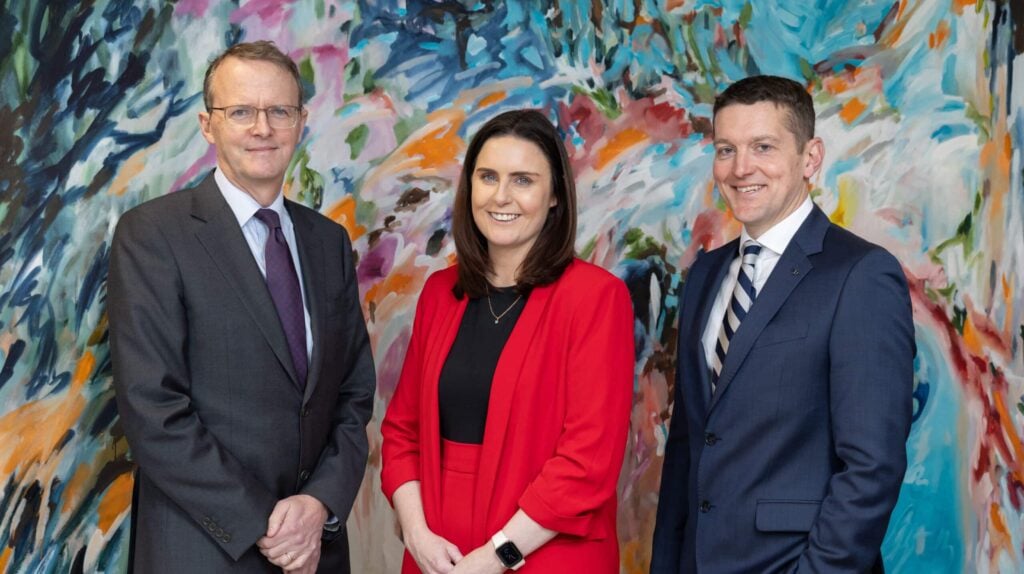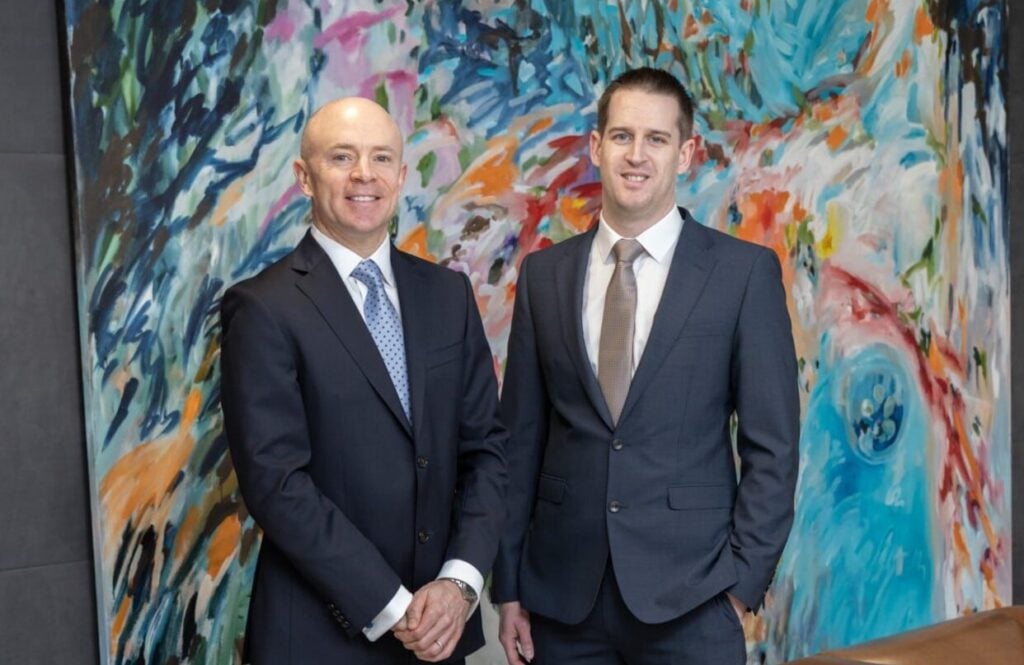Key Contacts: Patrick Kane – Partner | Paddy Mockler – Associate |
Introduction
The Irish government has launched a consultation to propose possible changes to the dispute resolution provisions of the public works contracts under the Capital Works Management Framework (“CWMF”). The Department for Public Expenditure, Infrastructure, Public Service Reform, and Digitalisation (“DPER”) along with the Government Construction Contracts Committee (“GCCC”) have jointly published a position paper requesting input from interested parties to the proposed changes.
The focus of the consultation is three proposed reforms to the alternative dispute resolution (“ADR”) procedures under the public works contracts. In summary, the proposals focus on the concept of ‘dispute avoidance’ which recognises the significant costs and complexity of disputes arising under a construction contract and seeks to head off such disputes at an early stage.
The Proposals
Proposal 1: Strengthening Dispute Avoidance
At present, a dispute which cannot be resolved between the parties will be subject to preliminary ADR procedures consisting of a meeting of the Project Board (in which each party is represented) that aims to reach written agreement between the parties without a formal dispute procedure.
Any unresolved disputes may then be referred to conciliation and subsequently to arbitration (which determines the dispute in a more detailed manner similar to High Court proceedings but is conducted in private). While these mechanisms can be effective, the position paper recognises there is room for improvement in eliminating disputes before they fully develop.
Under the proposed reforms, the role of the Standing Conciliator would be expanded to include chairing meetings (with the Employer’s Representative and Contractor’s Representative) to address issues that may be raised by either party which have the potential to:
- delay Substantial Completion;
- increase the Contract Sum; or
- negatively impact the performance of the ‘completed asset’.
The position paper proposes to amend the standard clause dealing with delay and extension of time (Clause 9.3) to allow for referral of the above issues to the Project Board and suggests that either party can raise issues via Clause 9.3. Following the notification of a referral under Clause 9.3, the Contractor’s Representative and Employer’s Representative would meet (together with the Standing Conciliator) to discuss these issues. The position paper suggests that addressing disagreements at this early stage, before a formal claim is submitted, can be of considerable benefit to the project.
At present, the 20-day time period for claims under Clause 9.3 can ordinarily result in otherwise valid potential claims being excluded (due to the strict time-limitation mechanism).
The position paper proposes a ‘pause’ of this 20-day time period to allow for good faith engagement without the pressure of impending deadlines and escalating costs. The 20-day time period would then start once these meetings have concluded.
Proposal 2: Standing Conciliator to Chair the Project Board
The second proposed change is that the Standing Conciliator should chair the Project Board by default in some instances. The purpose of this change is to provide the Standing Conciliator with a better understanding of the circumstances leading to disputes, rather than waiting until a claim is referred to conciliation.
The concepts of the Project Board and the Standing Conciliator were both introduced to the CWMF suite of public works contracts in 2016 with the joint aim of facilitating engagement between the parties and avoiding the need for formal ADR procedures.
The position paper proposes that where a Standing Conciliator is appointed under a public works contract, they should be appointed as chair of the Project Board by default.
Proposal 3: Implementing Institutional Arbitration
The final proposal relates to the introduction of so-called ‘institutional arbitration’ under the public works contracts, by adopting the International Chamber of Commerce (ICC) Arbitration Rules.
Under such rules, the ICC would oversee any dispute which is referred to arbitration under the public works contracts. This would involve active case management to ensure the procedure is carried out in a timely fashion while maintaining the integrity of the process.
The parties may still agree on the appointment of an arbitrator (if such agreement can be reached), but under the proposed new rules the ICC would manage the process and levy the necessary administrative fees including the arbitrator’s fee. The ICC publishes a costs mechanism for the arbitrator’s fee and the arbitrator’s rulings must generally be returned within a specified timeframe, save where the ICC agrees otherwise (usually on consent of the parties).
A significant aspect of this proposed change (by contrast to the current CWMF position) is that the arbitrator will fix the costs of the arbitration in the final award. This means that where a Contractor is successful in a claim in arbitration, it will be possible to recover costs against the Employer as opposed to both parties bearing their own costs.
Commentary
Dispute avoidance mechanisms are of increasing relevance in construction contracts, with the NEC publishing a conflict avoidance practice note in March 2025 to address similar concerns raised in the GCCC position paper.
The proposed changes should be cautiously welcomed, but it is worth noting that the early engagement and dispute avoidance measures will not have the effect of binding parties to eliminate disputes at an early stage. Ultimately, the effectiveness of these measures will be determined by the extent to which the particular contracting parties are willing to engage with them and to reached compromised positions that may not reflect the outcome of a formal ADR procedure.
The position paper calls for responses to the market consultation by 5pm on 22 August 2025 with the aim of implementing the changes which are ultimately recommended by the GCCC (subject to Ministerial approval) by the end of 2025. Given the potentially significant effect of the proposed changes to the dispute procedures under the CWMF, the consultation requests input from interested parties to ensure that the proposals fully reflect the needs and views of the market.
For more information on the public consultation or the CWMF, please do not hesitate to contact our Projects and Construction team.
For further information in relation to this article please contact Patrick Kane or Paddy Mockler.









